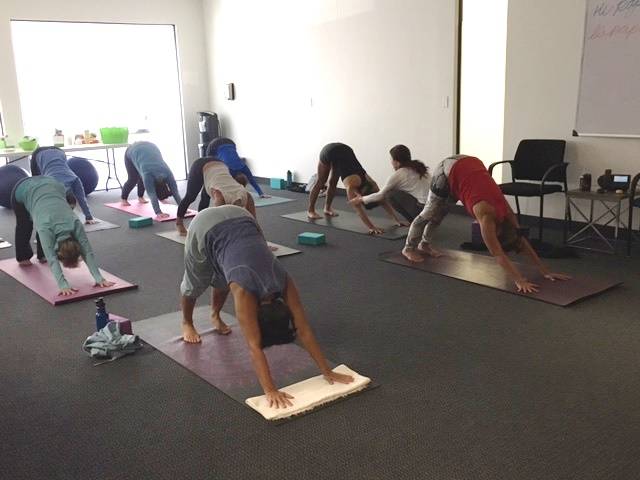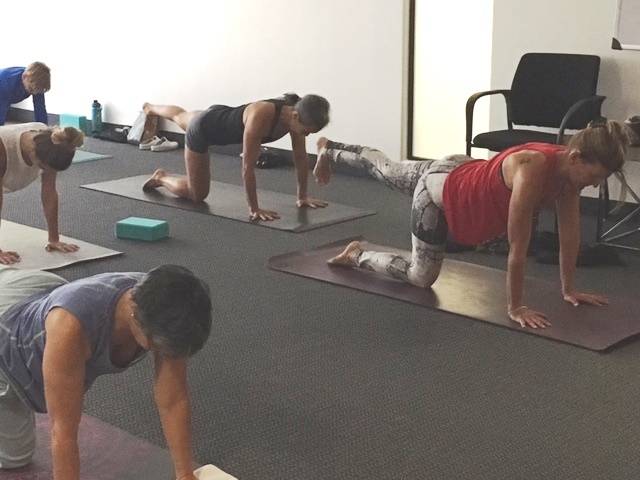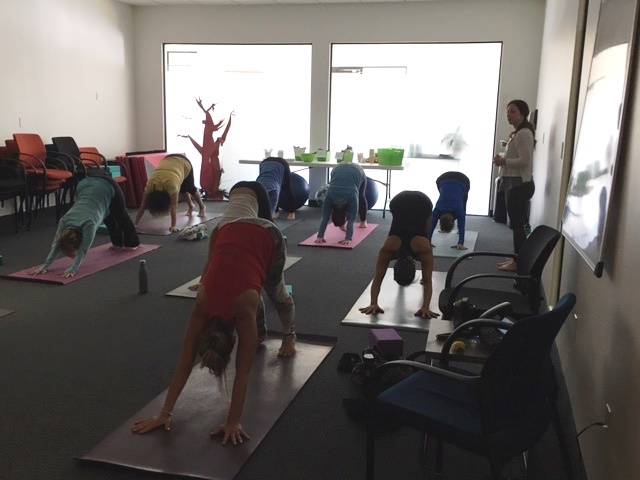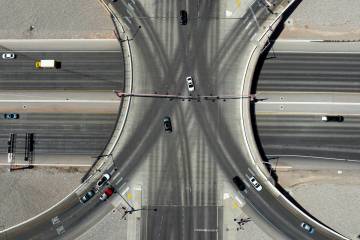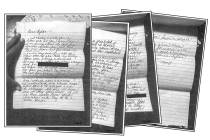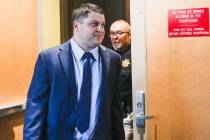Holidays are a difficult time for some in Las Vegas
It’s that time of year for singing songs, gathering around the table and opening gifts. But when not everyone feels the tingle of anticipation for old Saint Nick.
It’s also the time of year for the holiday blues, and causes include the time change; lack of sleep; lack of planning; crowds at stores; and lack of time for oneself.
Sasha DeCania has additional reasons to be sad this time of year. She lost her older sister Dawn to a chronic illness four years ago Dec. 3 and now raises Dawn’s teenage daughter. DeCania is a licensed marriage and family therapist.
“So, my holidays can be bittersweet. … But’s not uncommon for people to experience (the holiday blues),” she said, “where there’s a sense of fatigue, a lack of excitement. But people can still enjoy this time of year.”
It’s OK to fondly recall loved ones, but not to linger in those feelings too long, DeCania said. She also suggested asking oneself, “What’s good about right now?”
It’s also all right to turn down invitations so you’re not over-stressed, she said.
Bob Gabbay is a psychiatrist and the medical director for Destinations for Teens in Henderson. He stresses getting outside, as sunlight is a huge way to combat the blues. The center is aimed at helping teens feel more centered with yoga classes. Gabbay suggested creating family traditions.
“We have a lot of service workers here who do not get Thanksgiving or Christmas off work,” he said. “It’s not the date. It’s the intention.”
Michelle Paul, a psychologist and the director of UNLV’s mental health clinic, The PRACTICE, said there is no clinical definition for the holiday blues.
“But as clinicians, we pay attention because the holidays can be significant for some people,” she said. “The holidays represent memories that are unpleasant, or they trigger remembering a past trauma, or you feel the loss of someone who you used to spend this time with.”
There’s no telling who’s more prone to the holiday blues; Paul said that the commercialization of the holidays doesn’t help, that we are bombarded with messages to buy the ultimate gifts.
“Culturally, we’re told everything should be perfect,” she said. “There’s a lot of marketing, a lot of messages. … We call it ‘compare and despair,’ right? Our minds judge us negatively; there’s a frustration of the ideal and we’re not meeting it.”
To overcome the holiday blues, Paul said, people should allow themselves to honor and mark the memory of the person they’re missing. They should seek out a sense of community, whether through their church or with family. Paul, like Gabbay, suggested families could start new traditions.
“Some families completely change up how they celebrate the holidays” (after losing a loved one), she said. “They don’t do it the old way anymore because that’s too painful. It’s too much of a reminder of the person who’s not there.”
Psychiatrists note that the holiday blues can be a signal of something more serious: depression.
The University of California, Davis, reports that as many as one-third of people already coping with a major depressive disorder see their symptoms worsen in winter.
Alcoholism often accompanies depression. People feeling blue are advised to limit their drinking, according to UC Davis.
Food also can be a pitfall, especially combined with a lack of exercise in winter. Exercise releases endorphins, the “feel good” hormones. It’s OK to eat a little more as long as one exercises a little more to make up for it, Gabbay said.
Other triggers for the blues include lack of sleep, scheduling too much into the day, a lack of planning and family issues, according to UC Davis.
Contact Jan Hogan at jhogan@viewnews.com or 702-387-2949.
Suicide danger
The Centers for Disease Control and Prevention notes that more than 36,000 people commit suicide annually. An additional 374,000 go to emergency rooms for self-inflicted injuries. The National Suicide Prevention Lifeline is 800-273-8255 (1-800-273-TALK).



